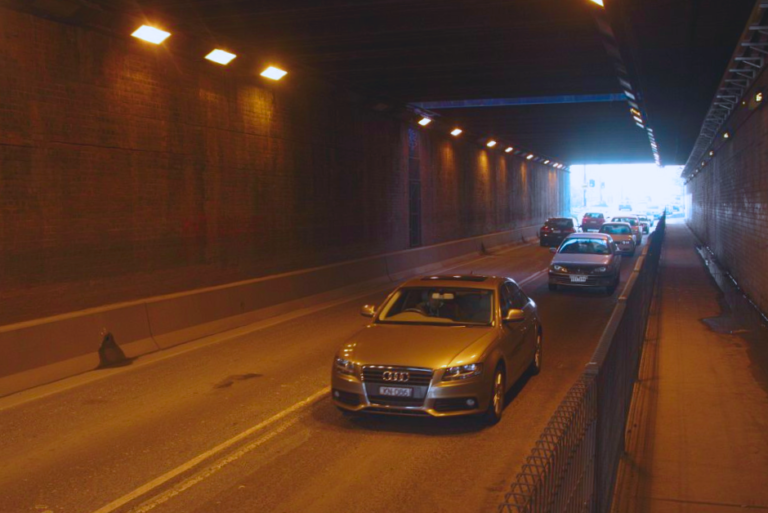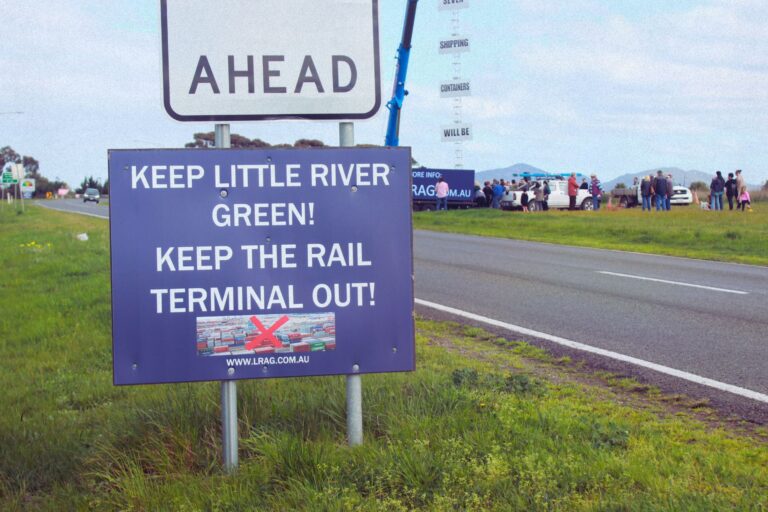15th August 2024, 11:50am
Legislative Council of Victoria, Melbourne
David Ettershank (Western Metropolitan):
My colleague Ms Payne last night circulated our amendments to the bill and indicated our support for the amendments circulated by the Greens. I would also like to commend Ms Purcell for her analysis just a few minutes back. Legalise Cannabis Victoria has sought the views of many stakeholders on this bill, and we thank the Federation of Community Legal Centres, Youthlaw, the Human Rights Law Centre, the Centre for Multicultural Youth, WEstjustice, the Victorian Aboriginal Legal Service (VALS) and others for their comprehensive briefings.
These organisations played a significant role in the development of this bill, as the Attorney-General indicated before, with their advocacy resulting in the inclusion of important reforms around sentencing, cautions and diversions and youth justice principles. I applaud those organisations for their steadfast commitment to social justice and for the work they do day in and day out to get the best outcomes for some of our state’s most vulnerable people. They do not get nearly enough acknowledgement or funding.
By and large the sector is satisfied with the bill. VALS went so far as to commend the government for finally showing leadership and progressing critical reforms on youth justice rather than pandering to the dangerous agenda of conservative newspapers, although given Tuesday’s announcement they may want to qualify that. Whilst stakeholders generally support the bill they have suggested amendments to better protect children and young people from the harms of the criminal justice system. Their concerns are largely addressed in the Greens’ amendments, which, as I have said, LCV will be supporting.
As LCV spokesperson on treaty and First Peoples, I might use my remaining time to reflect on the specific concerns raised by those legal services, particularly VALS, who represent young Aboriginal people in the criminal justice system and whose clients are directly affected by these reforms. The profound intergenerational effects of colonisation on our Aboriginal and Torres Strait Islander Victorians still play out through their contact with the criminal justice system.
We know that our First Nations people have long been over-represented in our youth and adult criminal justice systems. Despite accounting for only 3 per cent of the total Australian population, Aboriginal and Torres Strait Islander people still make up 39 per cent of all prisoners. We know that First Nations children have long been over-represented in child protection services. Data from the Productivity Commission shows that in the last year 43.7 per cent of children in out-of-home care were Aboriginal and Torres Strait Islander children. That is close to half of all children in out-of-home care despite them representing only 6 per cent of all children in Australia aged 17 and under.
As we know, Aboriginal and Torres Strait Islander people continue to be oversurveilled and overpoliced. Data from the 2023 Victorian government Aboriginal affairs report shows the number of young people processed by the police continues to increase and that the rate of young Aboriginal people processed by Victoria Police is nearly seven times greater than that of non-Aboriginal young people. An even more confronting bit of data is that since 2008 there has been an almost 50 per cent decline in the rate of police processing of non-Aboriginal young people and basically no decline for Aboriginal young people.
Earlier this year the government abandoned its plans to reform its bail laws, memorably described by a Victorian coroner as a complete and unmitigated disaster. This includes the removal of the presumption of bail and reverse onus provisions for minors. Currently around half of Aboriginal children are in youth detention because their bail was denied after being charged for petty offences.
Instead of reforming bail the government is trialling an expensive electronic monitoring program on children as young as 14. In announcing the trial the Attorney-General stated that:
… kids that have had significant trauma will be unlikely suitable for an electronic bracelet –
which makes me wonder what child would be suitable. I doubt there is a single child affected by these reforms who is not suffering from significant trauma, if not a range of other undiagnosed mental health conditions. How could they not be? The 50 or so young people who are the likely subjects of the trial have been known to child protection and the police since they were toddlers. Most have suffered a lifetime of abuse and trauma, with their first contact with child protection taking place before they had turned three and their first contact with the criminal justice system before they had turned 10. They have been in foster care, residential care or the last resort of home care for most of their lives. All have issues at school, most have been expelled and when these children have acted up in school or in resi care they have had the cops turned onto them. These traumatised young people have been aggressively policed and punished for behavioural issues long before they were involved in any criminal activity.
So I would dispute that any of these young people should be on the electronic bracelet trial. There are alternative programs that could be trialled, many that are working successfully now, that do not involve further stigmatising, further traumatising and further entrenching young people in the criminal justice system. They are also damn sight cheaper and I would hazard far more effective in encouraging young people to engage with school or a job and get their lives back on track. Shackling traumatised kids with electronic bracelets may go some way to appeasing the editors of the Herald Sun and their devotees opposite, but it will do nothing to break the cycle of trauma or to reduce crime. Eventually we will need to have a broader conversation about the costs of criminalising our young people.
One of the main reasons we turn up here to fight for cannabis law reform is that we know there are too many young people in detention because of our inhumane drug laws. We hear examples of this all the time – a young person on bail gets busted for possession of a bit of weed, and just like that they have breached their bail conditions. Look, we are not in the grip of a youth crime wave, and we should not be pandering to baseless beat-ups whipped up by sections of the media.
Our young people are living through pretty tough times, and they need our support. Yet year on year we underfund those crucial services that do support our vulnerable young people and their families: domestic violence services, drug and alcohol services, mental health services, community legal services and early intervention programs. Services are underfunded, working at capacity and in many cases facing staffing cuts. But, hey, times are tough. Everybody needs money, and the government cannot fund everything. Yet they can find $34 million for an electronic monitoring trial that will inevitably fail. I am not suggesting that $34 million is anywhere near enough money to fix the issue, but off the top my head maybe diverting some of the $83 million we give to Victorian racing industry might help, because going by their latest annual report figures I reckon they are just fine without it.
Kids do not just end up as serious criminal recidivists, they become embedded in the criminal justice system because of systemic failures to care for them or support their family to care for them. As clichéd as it sounds, it all comes down to priorities. We can invest in prevention and early intervention, in housing and education and in reducing the harms of poverty and homelessness that propel our young people into the criminal justice system, or the alternative is we can throw more money at policing and build more prisons. I doubt it will make our state any safer, but I guarantee it will certainly bankrupt it.
[ENDS]





